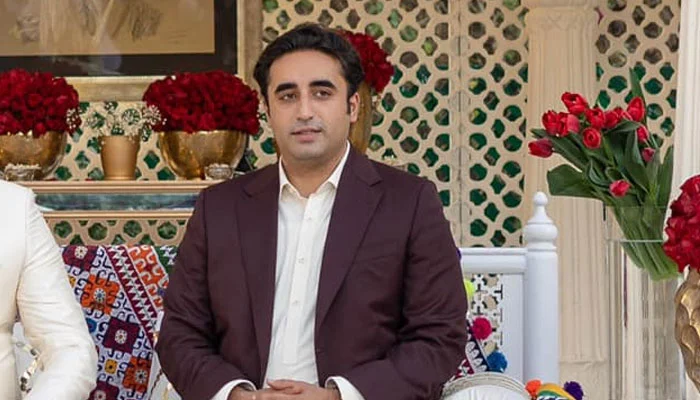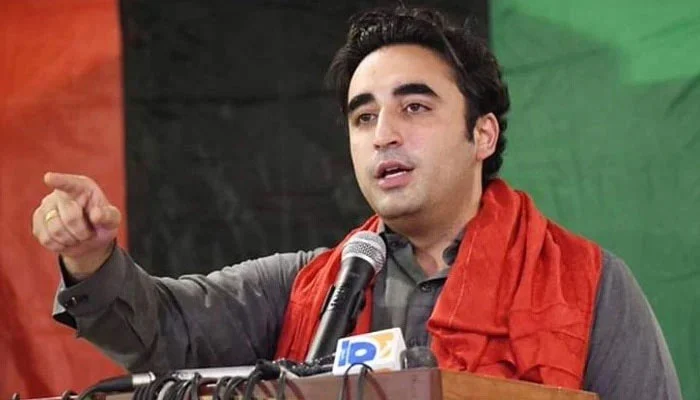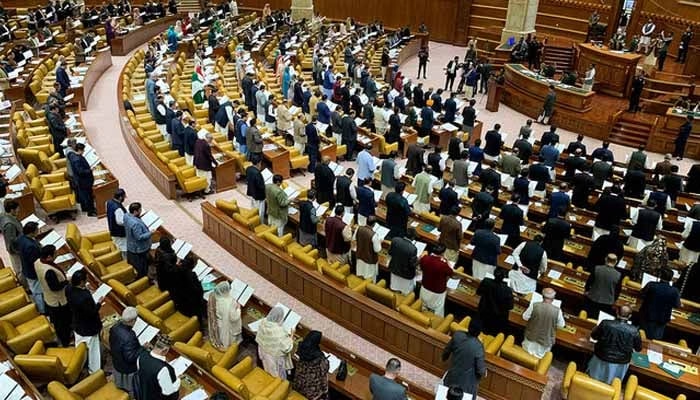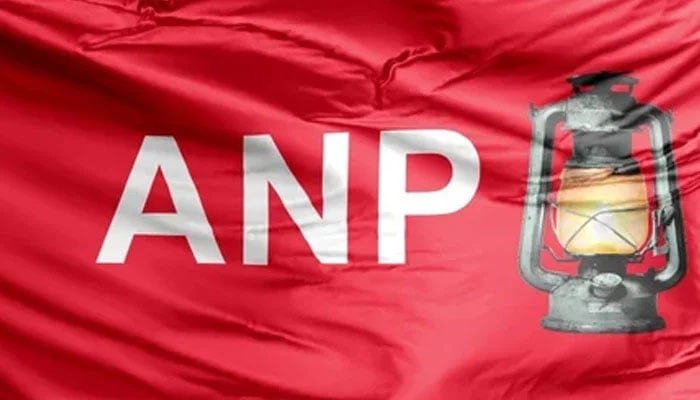In a press conference held in Karachi, Sindh’s Advisor for Agriculture, Manzoor Wassan, made noteworthy predictions concerning the Chairperson of the Pakistan People’s Party (PPP), Bilawal Bhutto Zardari. Wassan stated that Bilawal’s marriage is expected to take place in either 2022 or 2023, followed by his assumption of the position of Prime Minister.
During the media briefing, Wassan responded to questions about the Prime Minister’s future, expressing a lack of optimism about Imran Khan’s political trajectory. He asserted that Imran Khan’s political career appears to be on a downward slope, predicting a scenario where Khan will not regain political power.
Wassan emphasized his desire for Bilawal Bhutto Zardari to lead the country, paralleling the progressive leadership style of Imran Khan. He stated that Bilawal Bhutto Zardari would bring positive changes to Sindh, similar to the governance model adopted by Imran Khan for the rest of Pakistan.
Regarding former Prime Minister Nawaz Sharif, Wassan noted that he hasn’t seen Nawaz Sharif since March, and Fazl-ur-Rehman, who was initially part of the Khyber Pakhtunkhwa government, is not expected to regain that position.
Discussing the agricultural sector, Wassan criticized federal policies that, according to him, put undue pressure on companies producing crops. He claimed that companies engaged in wheat production are facing increased scrutiny, resulting in higher costs. Wassan urged the establishment of check posts to prevent the export of Sindh’s wheat to other provinces, suggesting that federal policies were creating an artificial scarcity in Sindh.
Wassan accused the federal government, particularly Imran Khan, of damaging Sindh’s economy deliberately. He claimed that Sindh’s quota for wheat production has been reduced, causing an imbalance that adversely affects farmers in the region. Wassan also expressed concerns about the diminishing supply of other essential commodities, attributing this to what he perceived as antagonistic policies towards Sindh by the federal government.



